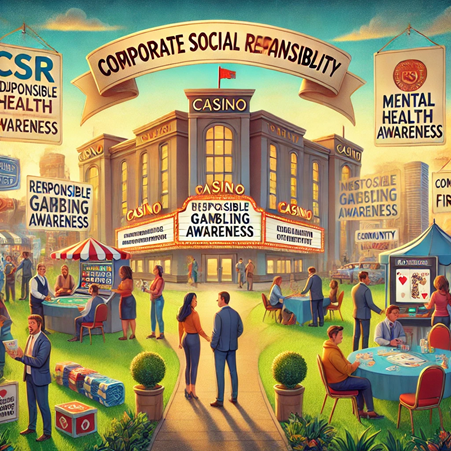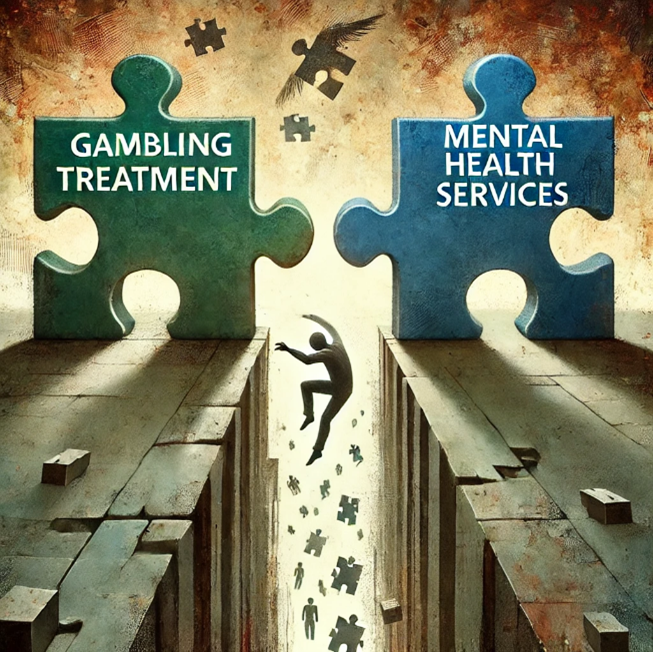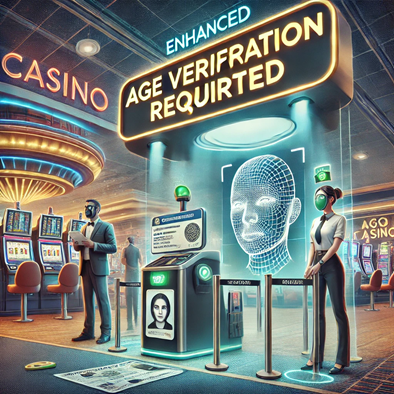 Comparison of traditional casinos vs. online casinos in terms of risk
Comparison of traditional casinos vs. online casinos in terms of risk
When comparing traditional casinos and online casinos in terms of risk, it’s important to understand that both types of gambling establishments come with their own set of unique challenges and risks.
 High-profile lawsuits involving casinos and their patrons
High-profile lawsuits involving casinos and their patrons
High-profile lawsuits involving casinos and their patrons often revolve around issues such as gambling addiction, negligence, fraud, and disputes over fairness in gaming.
 Legal challenges faced by casinos in different jurisdictions
Legal challenges faced by casinos in different jurisdictions
Casinos operate in a highly regulated environment, and they face various legal challenges depending on the jurisdiction in which they are located.
 Scams, hacking, and fraud in online gambling
Scams, hacking, and fraud in online gambling
Scams, hacking, and fraud are persistent issues in the online gambling industry, which relies heavily on digital infrastructure and transactions.
 Security vulnerabilities in online casino platforms
Security vulnerabilities in online casino platforms
Online casinos, like other digital platforms, face numerous security vulnerabilities that can expose both operators and players to significant risks, including financial fraud, data theft, and the manipulation of games.
 Stories of communities displaced for casino developments
Stories of communities displaced for casino developments
Casino developments, particularly large-scale resort-style casinos or gambling hubs, often result in the displacement of communities.
 Successful case studies of mental health initiatives linked to casinos
Successful case studies of mental health initiatives linked to casinos
Casinos, while often being places of entertainment and gambling, have increasingly recognized the importance of addressing mental health concerns related to their environments.
 The economic promises vs. the realities of casino construction projects
The economic promises vs. the realities of casino construction projects
Casino construction projects often promise substantial economic benefits, including job creation, tourism growth, increased tax revenue, and revitalization of local economies.
 Balancing profit with social responsibility in the gambling industry
Balancing profit with social responsibility in the gambling industry
Balancing profit with social responsibility in the gambling industry is a complex and often contentious issue. On one hand, gambling establishments, including casinos, online gambling platforms, and sports betting services, are businesses that aim to generate revenue, create jobs, and contribute to local economies.
 Cases of underage gambling in casinos and online platforms
Cases of underage gambling in casinos and online platforms
Underage gambling is a significant concern in both physical casinos and online gambling platforms, as it poses ethical, legal, and social challenges.
 Casino advertising practices and their impact on society
Casino advertising practices and their impact on society
Casino advertising practices play a central role in shaping public perceptions of gambling, influencing consumer behavior, and potentially contributing to social and ethical issues.
 Ethical questions surrounding casinos targeting vulnerable populations
Ethical questions surrounding casinos targeting vulnerable populations
The ethical concerns surrounding casinos targeting vulnerable populations are significant and multifaceted.
 Lack of adequate mental health support for gambling addicts
Lack of adequate mental health support for gambling addicts
The lack of adequate mental health support for gambling addicts is a significant barrier to recovery, with profound consequences for individuals and society.
 Regulatory loopholes allowing minors to access gambling services
Regulatory loopholes allowing minors to access gambling services
Regulatory loopholes allowing minors to access gambling services are a significant concern for both regulators and gambling operators.
 Regulatory measures to prevent financial crime in gambling establishments
Regulatory measures to prevent financial crime in gambling establishments
To prevent financial crime in gambling establishments, several regulatory measures and best practices are put in place by governments, regulatory bodies, and the casinos themselves.
 Solutions to ensure responsible age verification
Solutions to ensure responsible age verification
Ensuring responsible age verification in gambling is crucial for preventing underage access and protecting vulnerable individuals from the harmful effects of gambling. Both physical casinos and online gambling platforms need to implement robust age verification systems to ensure that only legal-age individuals can participate.
 The role of casinos in facilitating illegal financial activities
The role of casinos in facilitating illegal financial activities
Casinos can play a role in facilitating illegal financial activities, although most casinos operate under strict regulations to prevent such activities.
 How problem gambling exacerbates mental health issues
How problem gambling exacerbates mental health issues
Problem gambling is a significant issue that can have a profound impact on mental health, often exacerbating existing conditions and creating new mental health challenges.

